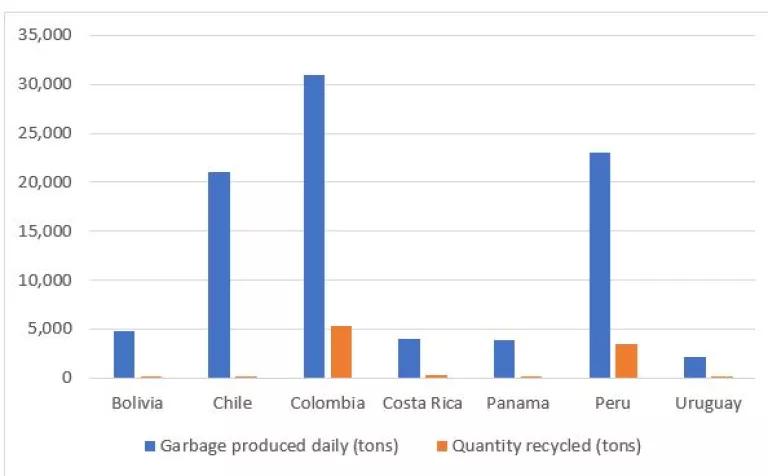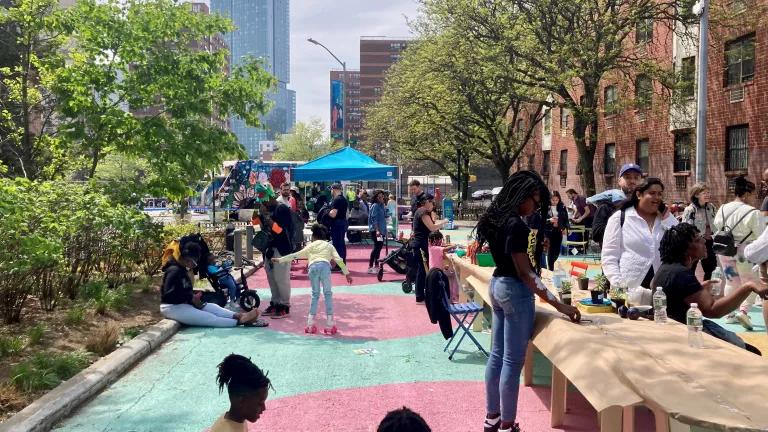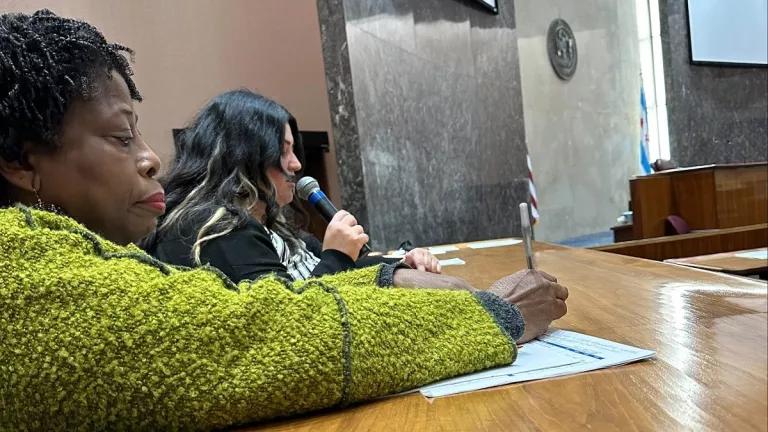World Recycling Day: How Much Is Recycled in Latin America?

Today, May 17, Latin America celebrates World Recycling Day. The objective is to raise awareness on the use of plastic and how to properly treat waste. Most plastic bags take hundreds of years to decompose and end up in landfills or, even worse, in oceans where they are ingested by fish and other marine species that eventually die from it. Since all of this affects the environment, it therefore affects us.
According to statistics from the World Bank, at least 430,000 tons of waste are produced daily in Latin America. That is, each Latin American produces an average of between one and 14 kilograms (2.2 and 31 pounds) of waste per day. A study from the Inter-American Development Bank shows that only some two percent of total waste is recycled in the region. If the waste were to be separated properly before reaching landfills, almost 92 percent could be recycled. However, once the waste is mixed, that number goes down to 30 percent.
Most waste ends up in landfills, of which there are two types: 1) informal landfills, those that are serious sources of contamination and diseases and 2) municipal sanitary landfills, which must comply with norms regarding the regulation and control of the waste. Recently, several municipalities in Latin America have banned people from working inside landfills and have begun to create collection programs. Around four million people live off recycling, earning their living by collecting and processing waste such as paper, plastic, glass and metal. These people, although they live in anonymity, are key players in the recycling process. By the recovering waste materials, they are able to support themselves and their families.
The Latin American and Caribbean Network of Recyclers, a workers’ base that collects, selects and recovers recyclable waste seeks to unite recyclers’ organizations across the board. This population must be taken into consideration in the development of waste management and recycling programs. This is not only an environmental issue, but also one of inclusion and social empowerment.
Despite the efforts of people and companies dedicated to recycling, the figures below shows the small percentage of waste that is recycled in seven Latin American countries. Not one country exceeds 15 percent of recycled material.
Amount of garbage and percentage that are recycled in various Latin American countries

I am convinced that education is the key to involving communities in projects, initiatives and campaigns to strengthen recycling systems. In addition, it is very important that authorities institute and improve public policies and incentives that regulate and encourage recycling. Fortunately, some governments in Latin America have begun to implement strategies aimed at strengthening the culture of recycling and waste management. For instance, the Costa Rican Ministry of Health recently launched an initiative called “ecolones.” The objective is to promote recycling through incentives that change habits of consumption. Points are placed in a virtual account according to the number of recyclable products that individuals deliver to collection centers. These points can be exchanged for discounts in cinemas, pharmacies and supermarkets. Likewise, in Chile, shortly after the inauguration of President Sebastian Pinera, a bill was introduced to prohibit plastic bags in all stores throughout the country. In Chile, approximately three million plastic bags are produced, an average of 200 bags per person. These bags take 400 years to decompose.
Through various actions, the countries of the region are on track, not only to recycle more, but also to produce less waste. A country where less waste is produced and more is recycled will mean a more sustainable future, in which people will live healthier and will enjoy a cleaner environment. The key is to encourage recycling every day—not just on World Recycling Day.



